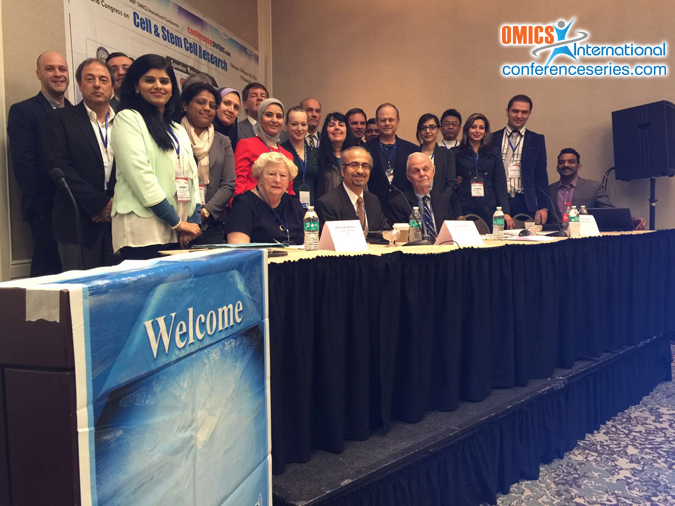
John A. Barrett
Ziopharm Oncology, USA
Title: Ad-rts-hil-12+veledimex bench to bedside in the treatment of metastatic breast cancer
Biography
Biography: John A. Barrett
Abstract
Immunotherapy has been shown to be effective in breast cancer patients. In breast cancer, CD8+ T-cells, are activated by IL-12, have been shown to correlate with anti-tumor activity and prolonged survival. Ad-RTS-IL-12 (Ad) is a replication-incompetent adenovirus engineered to express IL-12, via our RheoSwitch Therapeutic System® gene switch. When injected directly into a tumor. IL-12 expression is off devoid of the activator ligand, veledimex (V), while IL-12 production is turned on in a dose-dependent manner by V p.o. Mechanistic studies in the 4T1 syngeneic mouse breast tumor model with Ad+V have shown a dose-related increase in tumor IL-12 mRNA and IL-12 protein expression. Cessation of V resulted in a return to baseline IL-12 mRNA and IL-12 protein expression. These changes correlated with a local and systemic immune and anti-tumor response. Low dose chemotherapy primes the immune system and in combination with immunotherapy may augment tumor specific T-cells resulting in enhanced efficacy. In the 4T1 mouse mammary tumor model Ad (1e10vp)+V (30 mg/m2) with low dose chemotherapy significantly inhibited tumor growth in a supra-additive fashion concomitant with increased median survival vs. single agent alone. Based on these results an open label, phase 2 trial evaluating the safety of inducible IL-12 expression in heavily pretreated subjects with recurrent/metastatic breast cancer was performed. In this study, treatment with Ad+V resulted in increase in IL-12, downstream IFNg followed by rapid increase in IL-10 and IP-10. In the 12 subjects administrated Ad+ V there was a total of 16 non-injected evaluable lesions in 7 subjects. Of the 16 lesions, 1 lesion had decrease in lesion diameter ranging from 10- 19%, 2 lesions 30-49%, and 3 lesions 50-100%. Most common ≥ Grade 3 treatment emergent adverse events in BC and melanoma included neutropenia and hyponatremia (16% each), hypotension, cytokine release syndrome, AST increase (11% each), dehydration, fatigue, pyrexia (8% each). All TEAEs and SAEs ≥ Grade 3 reversed rapidly upon discontinuation of veledimex The results of this study showed biologic activity with an acceptable therapeutic index. In summary, Ad+V is a novel gene therapy which controls local expression of IL-12, which may result in the collapse of tumor stroma and stimulating an anti-cancer T cell immune response. The ability to regulate the production of IL-12 by modulating V dosing may result in an improved therapeutic index in combination with standard of care.
Speaker Presentations
Speaker PPTs Click Here

